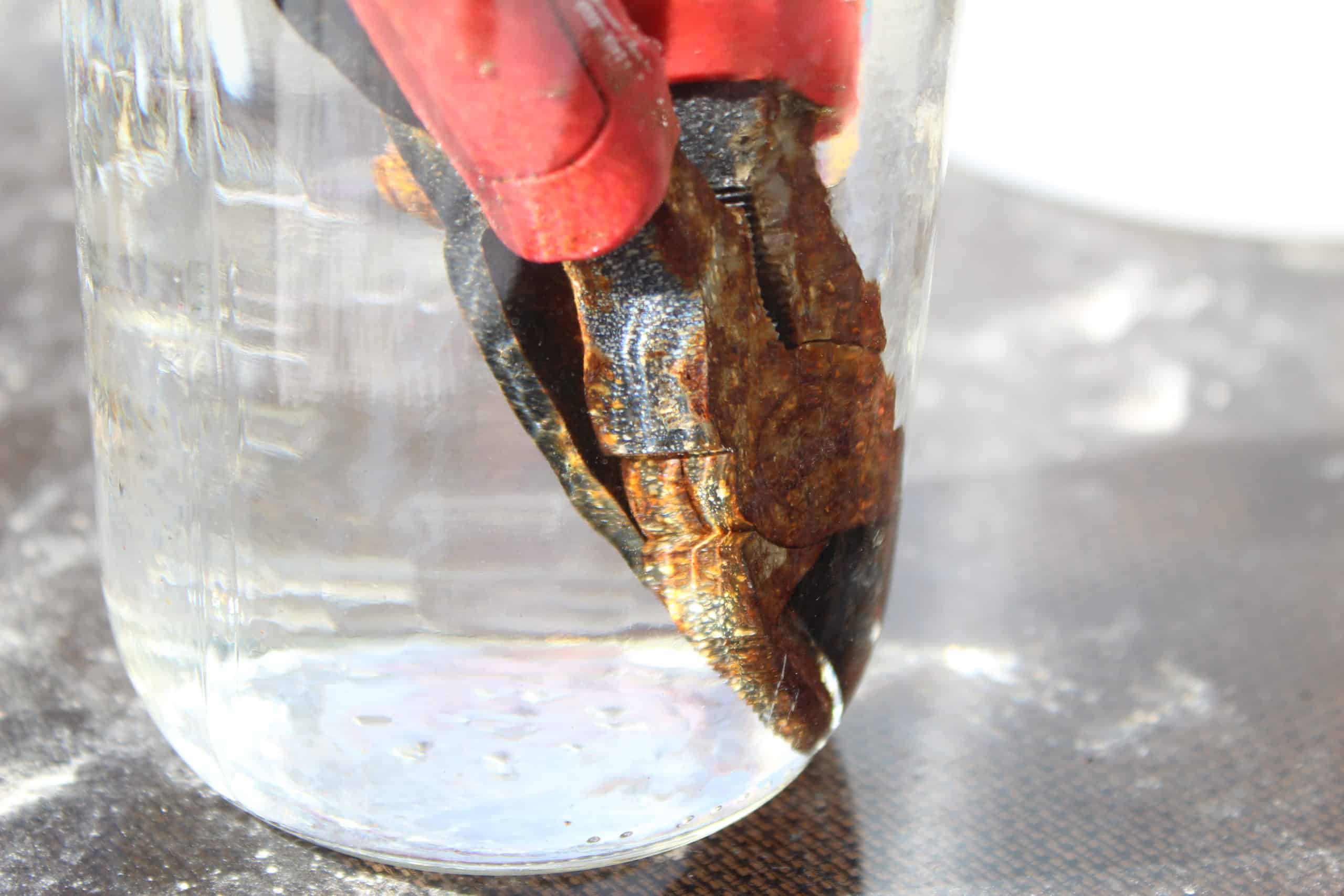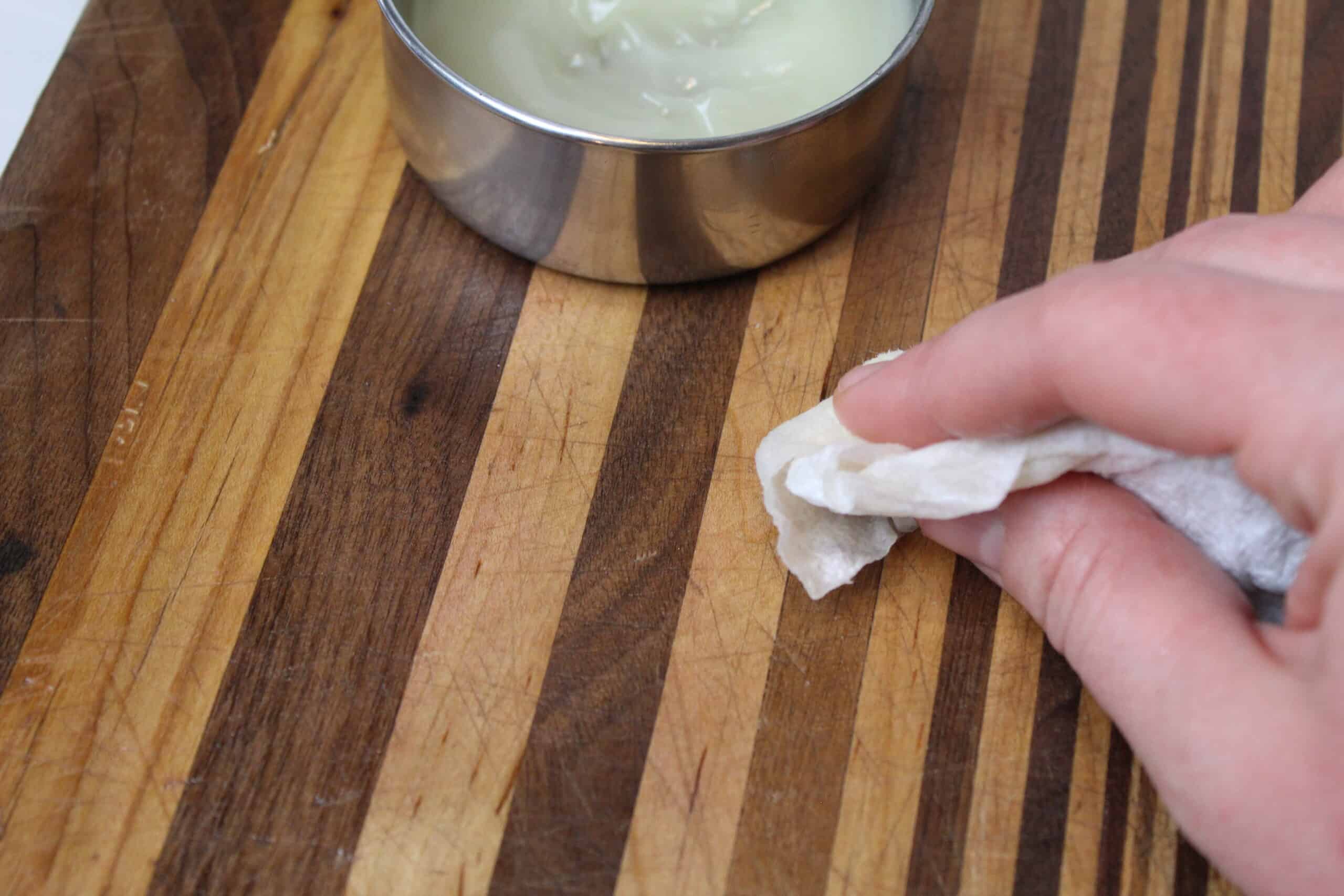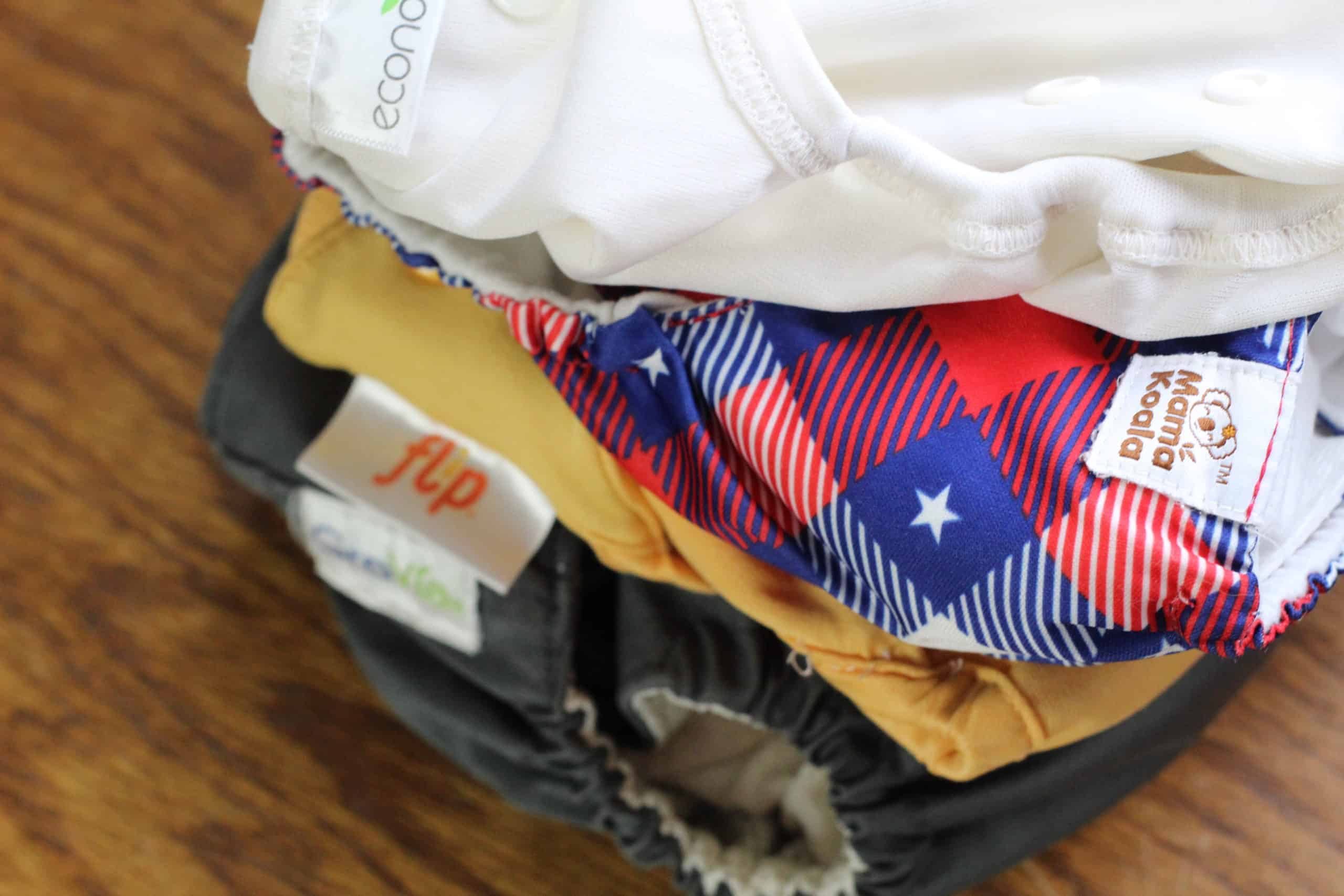DIY Dishwasher Detergent
You can save money and use basic ingredients when you make your own DIY dishwasher detergent!

Source for this Recipe
I started making my own for the first time when we ran out of dishwasher pods. With a load of dishes needing to be washed, I turned to the trusty book “The Naturally Clean Home”, hoping it would have some recipes. Thankfully it did! After trying a few of the recipes and adding my own twist, I settled on this great detergent recipe that I use daily for dishes. It yields very clean dishes and doesn’t leave you with streaky glasses either.
This post contains affiliate links, which means I make a small commission at no extra cost to you. See my full disclosure here.
Check your Washer Before you Use
It’s a good idea to check your dishwasher’s manual before using homemade washing detergent, just in case your dishwasher manufacturer cautions against any specific ingredients. You can also check with your dishwasher’s manufacturer online. I have personally used homemade detergent for years without issue. However please note your use of this recipe is done at your own risk. Check out my disclaimer policy here.
Watch on YouTube
If you’d like to see how I mix up my own homemade dishwasher detergent please check out the YouTube video!
Is Making Your Own Dishwasher Detergent Cheaper than Buying It?
Yes! Here is a look at the cost breakdown for DIY vs. Commercial Detergents
Washing Soda is $5.38 for a three-pound box ( 9 cents an ounce). That is 48 cents for one cup used in this recipe.
Borax is $5.97 for a four-pound box ( 9 cents an ounce). That is 48 cents for the one cup needed.
Citric acid is $7.23 for a 12-ounce jar ( 60 cents an ounce). That is 90 cents in this recipe.
Total for one batch of homemade dishwashing detergent it will cost $1.86. This will wash seventeen loads of dishes.
A fifteen count of Seventh Generation Dishwasher Detergent is $6.64
That is a savings of $4.78, not even counting the two extra loads you get with homemade detergent!
Plus both washing soda and borax can be used for homemade laundry detergent too.

Ingredients for Homemade Powdered Dishwasher Detergent
- 1 Cup of Borax
- 1 Cup of Washing Soda
- 3 Tablespoons of Citric Acid Powder
- Optional: 14 drops of citrus essential oils (lemon, grapefruit, orange, etc.)
Supplies
- Large Mixing Bowl
- Measuring Spoons
- Whisk or Spoon
- Airtight Container
- Optional: Ice Cube Tray
How to Make Homemade Detergent
In a well ventilated area or in your kitchen with the oven fan running, combine one cup of borax and one cup of washing soda in a large bowl. Use a whisk to gently mix up the ingredients. Add in three tablespoons of citric acid. Lastly, drop in 14 drops of your chosen essential oil if you’d like.
Swap your whisk out for a spoon and stir in the citric acid and essential oils.
That’s it! Easy peasy, simple ingredients, and ready to use in minutes.
Store the detergent in a clean glass jar. Use two tablespoons of the powdered detergent per load of dishes.
How to Make Dishwasher Detergent Tabs
If you don’t want to measure out the powder each time you can easily make this into your own tabs.
Grab an ice cube tray and measure out two tablespoons of powdered detergent into each cube spot. Press it down firmly with your fingers. Allow it to dry.
Pop the tabs out after a few hours, once the surface feels dry. Store in an airtight container like a mason jar. Use one tab per load of dishes.

About the Ingredients
Citric Acid
I consider his to be the secret ingredient that gets you results even better than commercial products. Citric Acid is a naturally occurring ingredient, this compound is found in fruits and vegetables. Interestingly, most citric acid available at the store is extracted from a black mold. The citric acid is produced as a bi-product of the mold consuming and fermenting sugars. Source.
Citric acid is great for removing mineral deposits, stains, etc.
Borax
Borax is a mineral salt that is a combination of water, oxygen, sodium, and boron. It is an alkaline substance, which means it works well to dissolve acidic substances like tomatoes, coffee, etc. Source.
Washing Soda
Washing soda, also called sodium carbonate, is not to be confused with baking soda, although chemically they are pretty similar. If you don’t have washing soda handy see below for how you can make it out of baking soda.
Essential Oils
Essential oils from citrus fruits can be added to this recipe to boost the cleaning power and also add a nice scent. Honestly I try to use essential oils sparingly in my home so I usually go without. Here are a few essential oils you might consider if you would like to include them.
In general, citrus essential oils have antibacterial and antimicrobial properties. They also will help with mineral deposits and streaks on dishes. However, I find that citric acid and vinegar do a fine job of that without essential oils. Of course, essential oils also have the added benefit of smelling wonderful when your dishwasher is running.
- Grapefruit
- Lemon
- Orange
Pin it for Later

Where to find Citric Acid
You should easily be able to find citric acid in the canning section of your grocery store, Wal-Mart, or your local fleet supply store. You can also order it from Amazon if you strike out at local options. Surprisingly at the time of publication, Amazon has the cheapest price per ounce.
Super Dirty Dishes?
If you routinely have very dirty dishes or are washing a lot of pots and pans you can add salt into the recipe. Add in 1/2 cup of salt and whisk. I would use a fine salt for this, as a course kosher style salt will not break down as easily.
Add Vinegar to your Dishwashing Routine
Vinegar makes an excellent natural rinse aid when added to your dishwashing routine. I find this helps to reduce hard water stains we can sometimes see from well water. Rather than using a store bought rinse aid, simply pour a little white vinegar in the rinse aid compartment until it is full. Refill when necessary. Vinegar has a high acidity which adds to citric acid’s ability to break down grease and hard water stains, which is why it helps keep glasses from getting streaks.
No washing soda? No problem!
If you can’t get your hands on washing soda you can make it by baking, baking soda! Simply spread baking soda on a baking sheet. Bake in the oven at 400 degrees F for 30-60 minutes. If the layer is pretty thick, give it a good stir halfway through. This process removes all the water from the soda and leaves you with washing soda!
The texture will be finer, more of a powder, when it is finished. This finished product is now chemically different than it was before and should not be consumed under any circumstances.
Alternative Recipes for Automatic Dishwasher Detergent
If you are in desperate need of a way to wash up your dishes but don’t have all the ingredients, you can make some simpler options that don’t include essential oils or citric acid. Personally I don’t think these options give the best results but they will still do a decent job in a pinch.
Basic Dishwasher Detergent Recipe
This version is about as basic as they come. It is how my mentors at the CSA farm I worked at washed their dishes. If you have well water with minerals, this recipe doesn’t do much for mineral deposits/streaks, but it will get your dishes clean.
- 1 Cup Borax
- 1 Cup Washing Soda
- In a well ventilated area, mix the ingredients together using a whisk. Store in an airtight container. Add two tablespoons per load.
Baking Soda Detergent Recipe
Baking soda is often used in natural home cleaning recipes. It is gently abrasive, helps work out stains, and is a good degreaser. However, I have found that after several washes you might start to see a bit of a film or haziness on glassware.
- 1 Cup Washing Soda
- 1/2 Cup Borax
- 1/2 Cup Baking Soda
- Combine all ingredients in a bowl and mix well. Use 2 tablespoons per load.
Liquid Dishwashing Detergent
I have seen recipes for liquid dishwashing detergent that call for liquid castile soap. I would hesitate to use one of these recipes in a dishwasher, mostly for fear they would get too sudsy and cause problems for your dishwasher. I even checked the Dr. Bronner’s (arguably the king of all liquid castile soaps) website to see what recipes they might have for diluting and using their soap in the dishwasher. They actually don’t recommend using their soap either for use in automatic dishwashers.
For more homemade recipes to include in your natural cleaning routines check out these posts!








